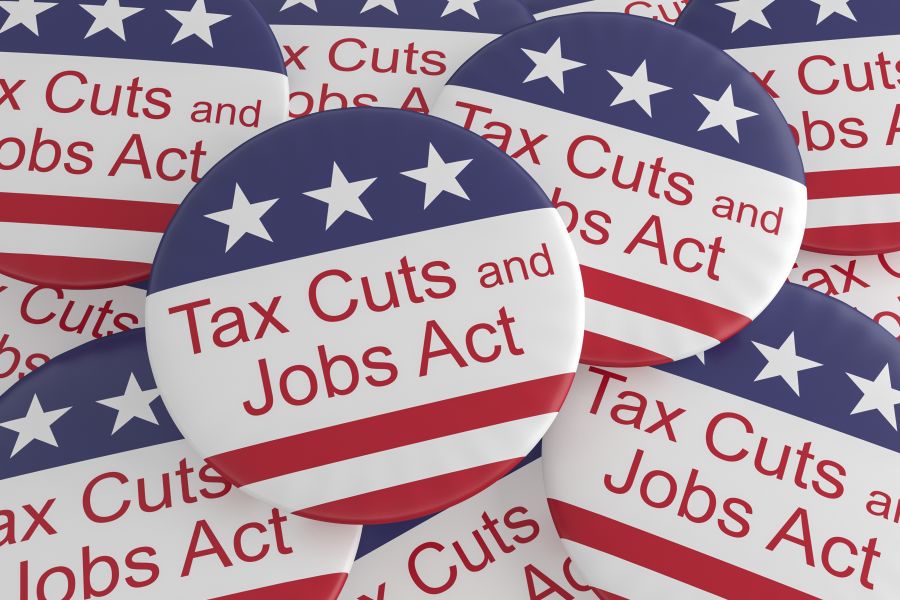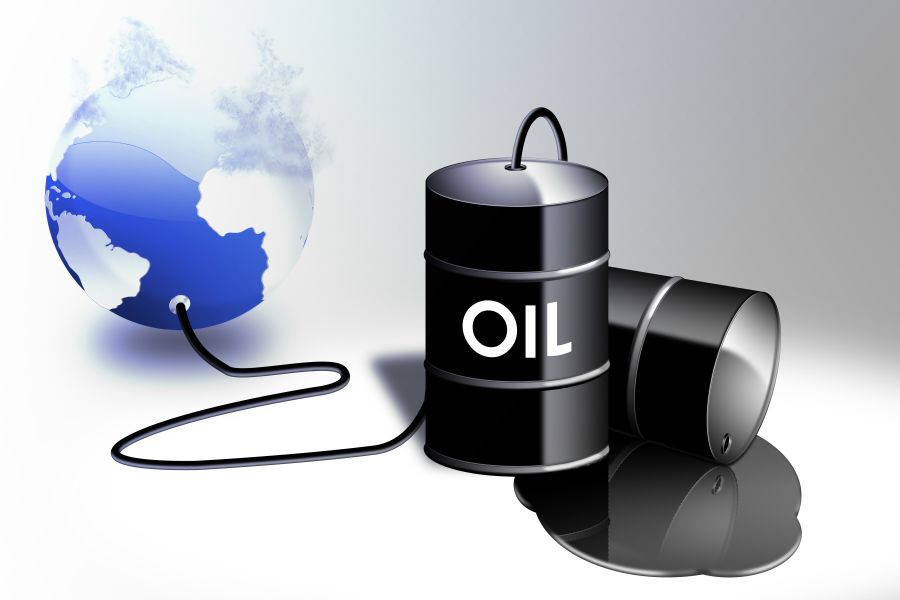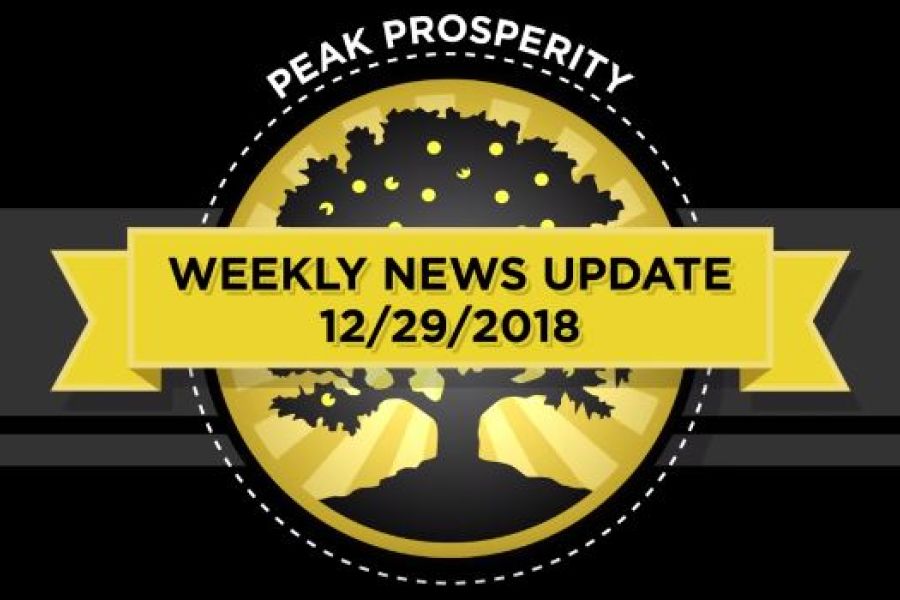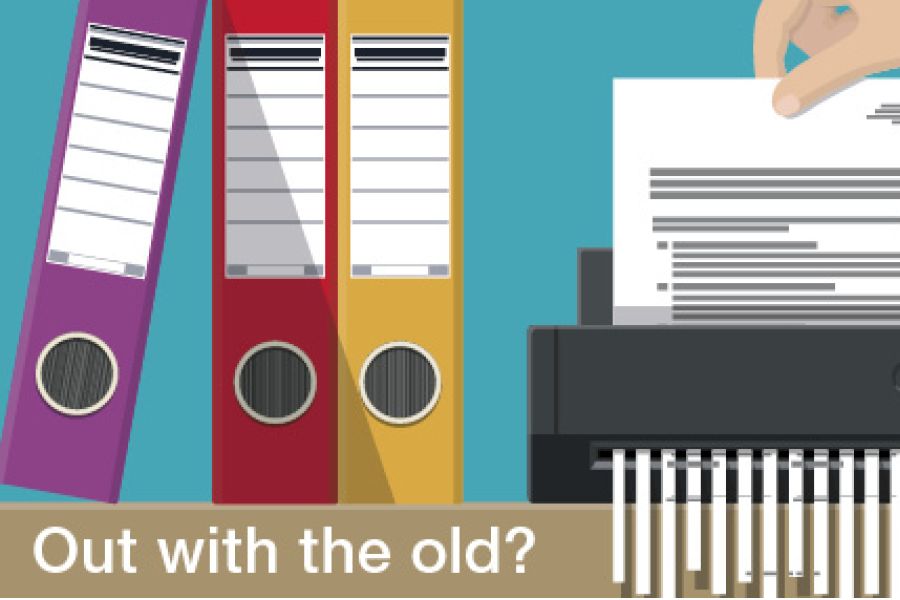Now that 2019 has begun, there isn’t too much you can do to reduce your 2018 income tax liability. But it’s smart to begin preparing for filing your 2018 return. Because the Tax Cuts and Jobs Act (TCJA), which was signed into law at the end of 2017, likely will have a major impact on your 2018 taxes, it’s a good time to review the most significant provisions impacting individual taxpayers. Rates and exemptions Generally, taxpayers will be subject to lower tax rates for 2018. But a couple of rates stay the same, and changes to some of the brackets for certain types of filers (individuals and heads of households) could cause them to be subject to higher rates. Some exemptions are eliminated, while others increase. Here...

The dawning of 2019 means the 2018 income tax filing season will soon be upon us. After year end, it’s generally too late to take action to reduce 2018 taxes. Business owners may, therefore, want to shift their focus to assessing whether they’ll likely owe taxes or get a refund when they file their returns this spring, so they can plan accordingly. With the biggest tax law changes in decades — under the Tax Cuts and Jobs Act (TCJA) — generally going into effect beginning in 2018, most businesses and their owners will be significantly impacted. So, refreshing yourself on the major changes is a good idea. Taxation of pass-through entities These changes generally affect owners of S corporations, partnerships and limited liability companies (LLCs) treated as...
Tax planning is a juggling act for business owners. You have to keep your eye on your company’s income and expenses and applicable tax breaks (especially if you own a pass-through entity). But you also must look out for your own financial future. For example, you need to develop an exit strategy so that taxes don’t trip you up when you retire or leave the business for some other reason. An exit strategy is a plan for passing on responsibility for running the company, transferring ownership and extracting your money from the business. Buy-sell agreement When a business has more than one owner, a buy-sell agreement can be a powerful tool. The agreement controls what happens to the business when a specified event occurs, such as an owner’s...
When Robert Kiyosaki was young, his poor dad always told him that he needed to go to school so that he could get a good job. To his poor dad, getting a good job was the most important thing in life. His poor dad worked very hard . . . and he was always worried about money. Yet, he never got ahead. His job was actually one of the things that kept him from succeeding. He toiled away working for others, often getting raises only to keep with the cost of living and pay a high percentage to the government in taxes. On the other hand, Robert’s rich dad never had a “real” job, and he was rich and successful. Rich dad understood that the sentiment,...
As posted on The Infographics Show YouTube Channel on 12/25/18 "Oil is the lifeblood of our civilization. It powers every single aspect of our modern lives. But what happens if the tap were turned off permanently?" The Infographics Show: Facts are fun, but most are presented in a boring and badly edited videos. The Infographics Show focuses on making animated motion infographic videos, made in a fun and entertaining way. ...
As posted on Peak Prosperity.com and the Chris Martenson's Peak Prosperity YouTube Channel In his 12/29/18 Weekly News Update, Chris Martenson discusses the volatility of markets and the role Central Banks have played in creating massive financial bubbles throughout the world. Chris Martenson, is a former American biochemical scientist and Vice President of Science Applications International Corporation. Currently he is an author and trend forecaster interested in macro trends regarding the economy, energy composition and the environment at his site, www.peakprosperity.com....
With the dawn of 2019 on Tuesday, here’s a quick list of tax and financial to-dos you should address before 2018 ends: Check your FSA balance If you have a Flexible Spending Account (FSA) for health care expenses, you need to incur qualifying expenses by December 31 to use up these funds or you’ll potentially lose them. (Some plans allow you to carry over up to $500 to the following year or give you a 2½-month grace period to incur qualifying expenses.) Use expiring FSA funds to pay for eyeglasses, dental work or eligible drugs or health products. Max out tax-advantaged savings Reduce your 2018 income by contributing to traditional IRAs, employer-sponsored retirement plans or Health Savings Accounts to the extent you’re eligible. (Certain vehicles, including traditional and SEP...
Do you have investments outside of tax-advantaged retirement plans? If so, you might still have time to shrink your 2018 tax bill by selling some investments • you just need to carefully select which investments you sell. Try balancing gains and losses If you’ve sold investments at a gain this year, consider selling some losing investments to absorb the gains. This is commonly referred to as “harvesting” losses. If, however, you’ve sold investments at a loss this year, consider selling other investments in your portfolio that have appreciated, to the extent the gains will be absorbed by the losses. If you believe those appreciated investments have peaked in value, essentially you’ll lock in the peak value and avoid tax on your gains. Review your potential tax rates At the...
- 1
- 2
- 3
- 4
- 5
- 6
- 7
- 8
- 9
- 10
- 11
- 12
- 13
- 14
- 15
- 16
- 17
- 18
- 19
- 20
- 21
- 22
- 23
- 24
- 25
- 26
- 27
- 28
- 29
- 30
- 31
- 32
- 33
- 34
- 35
- 36
- 37
- 38
- 39
- 40
- 41
- 42
- 43
- 44
- 45
- 46
- 47
- 48
- 49
- 50
- 51
- 52
- 53
- 54
- 55
- 56
- 57
- 58
- 59
- 60
- 61
- 62
- 63
- 64
- 65
- 66
- 67
- 68
- 69
- 70
- 71
- 72
- 73
- 74
- 75
- 76
- 77
- 78
- 79
- 80
- 81
- 82
- 83
- 84
- 85
- 86
- 87
- 88
- 89
- 90
- 91
- 92
- 93
- 94
- 95
- 96
- 97
- 98
- 99
- 100
- 101
- 102
- 103
- 104
- 105
- 106
- 107
- 108
- 109
- 110
- 111
- 112
- 113
- 114
- 115
- 116
- 117
- 118
- 119
- 120
- 121
- 122
- 123
- 124
- 125
- 126
- 127
- 128
- 129
- 130
- 131
- 132
- 133
- 134
- 135
- 136











